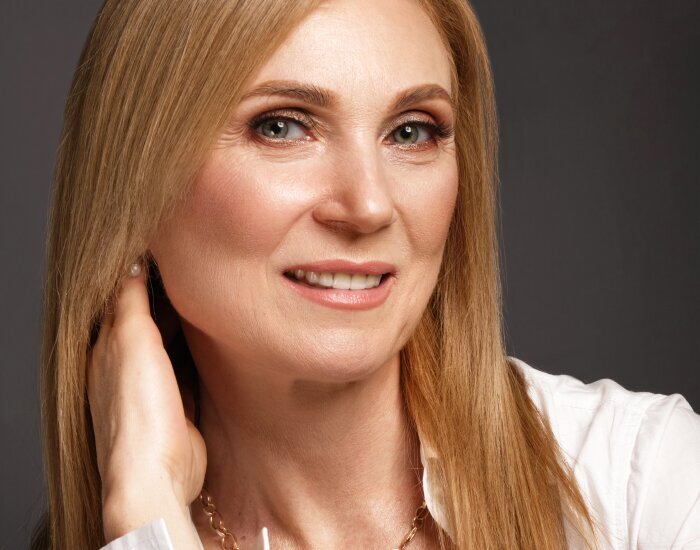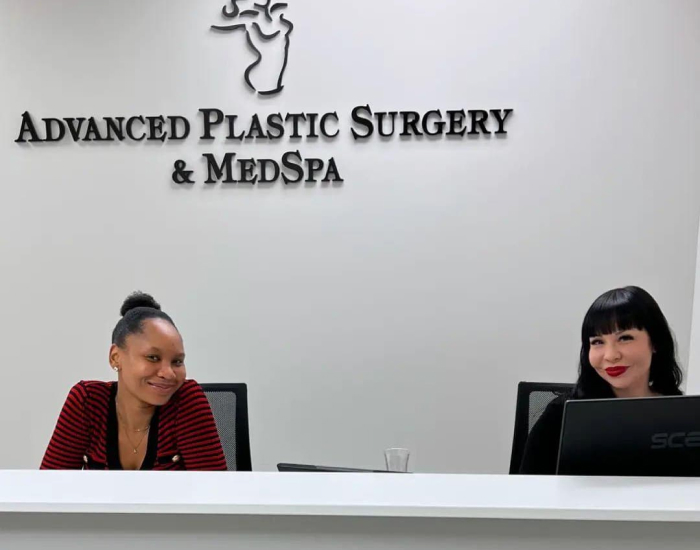Posted August 12, 2014 in Plastic Surgery News, by Dr. Fiorillo
I am writing to share some very important information with you about a type of breast implant that was recently recalled. Many of you have called and emailed with questions, and I want to share my thoughts with you.
The type of implant involved is a textured breast implant, which has been used for many years throughout the world. Although surgeons in the United States have not used this type of implant as much as surgeons in Europe have, many studies showed that these implants were a better choice for some patients in certain circumstances. For instance, many studies showed lower capsular contracture rates in patients receiving implants above the muscle. In teardrop-shaped implants, the texturing helped to keep the implants from rotating.
There are three main companies of implants in the United States: Allergan, Mentor, and Sientra. Each company has textured implants. Allergan’s texture is a more aggressive texturing and is the implant most at risk.
This is not breast cancer but rather a type of non-Hodgkin’s lymphoma, a cancer of the immune system. In most cases, the BIA-ALCL is found in the capsule (scar tissue) and fluid around the implant, but in rare cases, it can spread throughout the body.
The FDA has been very involved in gathering data about this disease. The plastic surgery societies have also been extensively involved in not only educating plastic surgeons regarding what to look for but also in providing information to registries and the FDA so that we can learn more about this entity.
To date, there are 573 cases of ALCL known worldwide, and there are at least 12 deaths attributed to ALCL. Considering that 400,000 augmentations are performed in the United States alone every year, this is a very rare disease. The risk rates at this point are unknown but are estimated to be between 1:3,000 to 1:30,000.
In my practice, I have used mostly smooth implants in the thousands of augmentations I have done. That said, I have certainly placed textured implants in select patients when I believed they would give a better result based on the scientific literature. Some of these were Allergan implants, and I would like to consult with these patients about their options.
The FDA says people with these implants do not need to have them removed. There is no data that removing the implant is necessary. That said, common sense says that if a device can cause a problem, then maybe we should remove it and replace it with a safer implant. I am happy to speak with all of my patients regarding this option. It is a complicated discussion, and we will need to discuss this on an individual basis.
Those of you with smooth implants have nothing to worry about. If you are unsure of your implant type, call the office, and we will look up your information.
ALCL usually presents with swelling of the breast years after surgery. Patients notice a breast begins to swell and often hurts; this usually occurs around eight years after the initial augmentation. So, any unexplained swelling needs a visit to your plastic surgeon. I am always happy to see any patient of mine who is experiencing such symptoms (I do not charge for this visit). But, if you no longer live in the area, you should seek evaluation by a board-certified plastic surgeon. Ultrasound imaging and biopsy is usually the recommended next step.
The good news is that when caught early, this is a very curable type of cancer. Removal of the scar capsule is usually the only treatment needed. Unfortunately, cases that have had delayed diagnosis have led to deaths for ALCL spread.
Remember, this is a very rare disease, and it is associated predominantly with a specific type of textured implant. I am sharing my thoughts because there has been a significant amount of press surrounding this, and I feel that my patients should be educated with good, factual information. The FDA says that women with implants should continue enjoying them and that they are very safe devices.
Knowledge is power! When this disease is caught early, it is highly curable. Thus, if you ever experience unexplained swelling, please call for an appointment.
If you have any questions, do not hesitate to call the office at (845) 842-1258 or contact us directly online. We are always here to help.
Dr. Michael A. Fiorillo
Board-Certified Plastic Surgeon
Stock images of models are used throughout this website and should not be interpreted as actual patients of our practice. Individual results may vary.














